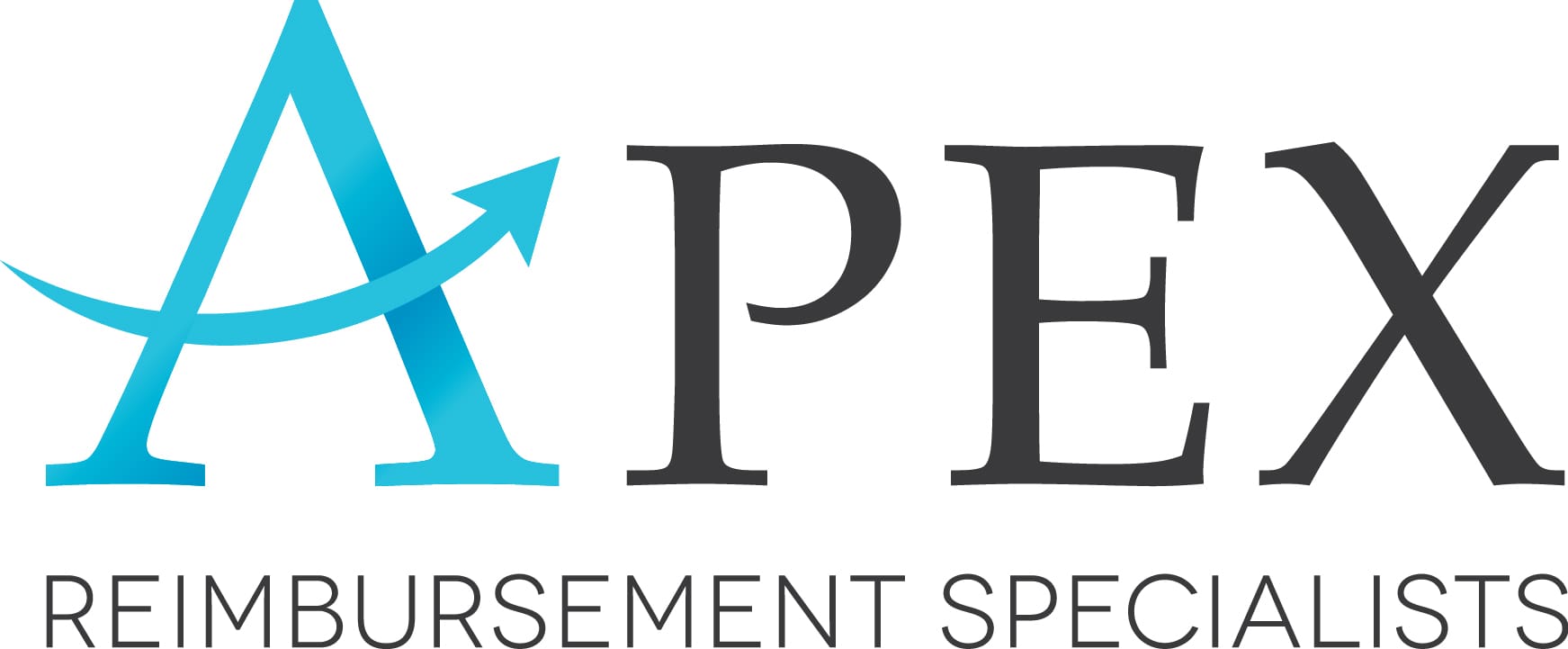What do your receptionists and front desk personnel do at the end of every patient’s appointment? If the answer isn’t “scheduling the patient’s next appointment and collecting the patient co-pay,” you should reconsider your policies! Over the counter collection at the time of service is the best way to maximize your practice’s collection percentage and decrease collection costs.
Why Are Over the Counter Collections Important?
While co-pays are the norm for many dental patients today, this practice is becoming more and more costly for dental practices. Many plans have high deductibles that patients must pay before insurance covers a single cleaning. If you allow patients to leave your office without at least paying a co-pay, you are dramatically increasing the likelihood that you will be calling them to collect the full amount in mere weeks.
The chance of collecting anything from a patient drops almost 20% the moment that a patient walks out the door. In many cases, it can be even higher. Can you afford only to get paid for 75-80% (or less) of what you do?
Create the Expectation
Over the counter collections don’t just magically occur at the front desk as patients leave. Instead, the expectations are set far earlier. You should train patients from the moment that the first phone call is made. Unfortunately, when many offices suddenly switch to over the counter collections, the receptionists encounter surprised patients who cannot afford the total at checkout.
This is where treatment plan presentations come into play. Patients should know, before having any expensive treatments, exactly how much appointments will cost and how much the insurance company will pay. The estimate should also include a statement on your office’s policy, including whether or not the patient’s portion is due at time of service.
Avoid Misunderstandings
When establishing an over the counter collections policy, you should also take the time to explain to patients what the insurance policy covers. Many patients are under-educated about insurance and don’t understand what it will not cover. When talking with patients, ask if “insurance will be helping” with the cost of treatment. By choosing your words carefully, you can make it clear from the start that insurance helps cover treatments, but that it will be supplementing what the patient pays.
Checking on insurance can be tedious, but it is a vital part of maximizing your collections rate and ensuring that patients understand what financial responsibility they have.
Improve Your Practice with Help from APEX
Whether you need a refresher on proper coding procedures or need to overhaul your billing procedures, our experts can help. Contact our team today by calling (410) 710-6005. We look forward to working with you to make your practice a more profitable place.

